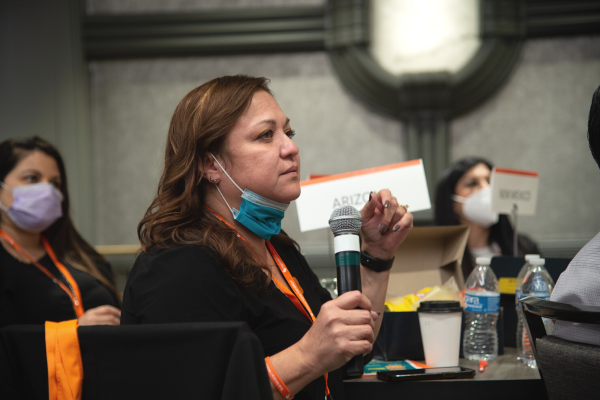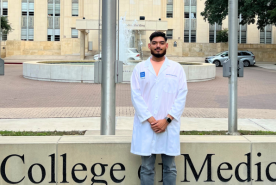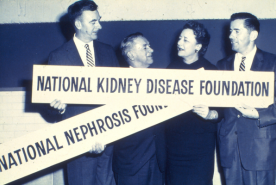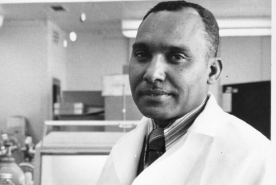April 04, 2023
Last week the Health Resources and Services Administration (HRSA) announced it is taking several steps to modernize the U.S. organ transplant system. While National Kidney Foundation (NKF) welcomed this announcement, many may be grappling to understand what it means and why it came about.
Here’s what you need to know.
How Did We Get Here: Creating the U.S. Transplant System
In 1984, Congress passed the National Organ Transplant Act (NOTA) to establish an Organ Procurement and Transplantation Network (OPTN), the organ donation and transplant system in the United States, to maintain the national registry that matches organ donors with organ recipients. NOTA also mandated that a private, non-profit organization manage OPTN and the national registry. In 1986, The Department of Health and Human Services (HHS) awarded the contract to United Network for Organ Sharing (UNOS). Winning the bid for each contract renewal cycle, UNOS has remained the OPTN contractor for the last 37 years.
OPTN and UNOS are intertwined, making it difficult for many people to distinguish one from the other. It also hasn’t helped that OPTN and UNOS share the same board of directors and committees.
UNOS serves as the OPTN and has three primary responsibilities in managing our national transplant system:
- Ensuring equitable access to the transplant system
- Transplanting as many recovered organs as possible
- Improving organ donation and transplant process efficiency
Time for a Change: The Status Quo is Not Enough
HRSA’s announcement focuses on its plans to separate the OPTN contract. UNOS oversees every organ donation and transplantation aspect, including policymaking, logistics, and information technology (IT). They have had a monopoly since the beginning of the contract, and HRSA now plans to allow industry experts to bid on specific parts of the agreement, which is currently unknown.
One thing that we do know is that the HRSA has formally engaged with technology specialists to modernize OPTN’s IT systems.
HRSA also announced its priorities to improve:
Disparities in transplant access are well-studied and documented. The organ shortage remains problematic as the number of recovered organs intended for transplant and going to waste increases. The current IT architecture needs to be updated. NKF supports HRSA’s efforts to improve the organ donation and transplantation system because we believe patients deserve this.
Learn about Voices for Kidney Health’s top three kidney policies for 2023.
What This Means for Patients
NKF envisions an organ donation and transplant system that ensures everyone who needs a transplant receives one. We have advocated for a system that centers patients, implements innovative technology to improve transplantation, and upholds equity. As such, we are excited to hear of HRSA’s multi-year plan to reform the system.
HRSA has expressly stated meeting the needs of patients and families by:
- Making transplant access equitable
- Prioritizing shared decision-making through data sharing
- Improving safety and health outcomes
We are pleased to hear this and remain optimistic that these changes are what patients need and deserve. Learn more about every aspect of the transplant process and how NKF can help guide you on your own transplant journey.
Help NKF Achieve Transplants For All
Help us make transplants for all a reality. Sign up to become a Voices for Kidney Health advocate! Our advocates help influence public policy through simple activities like emailing, calling, or engaging with your lawmakers on social media.


















